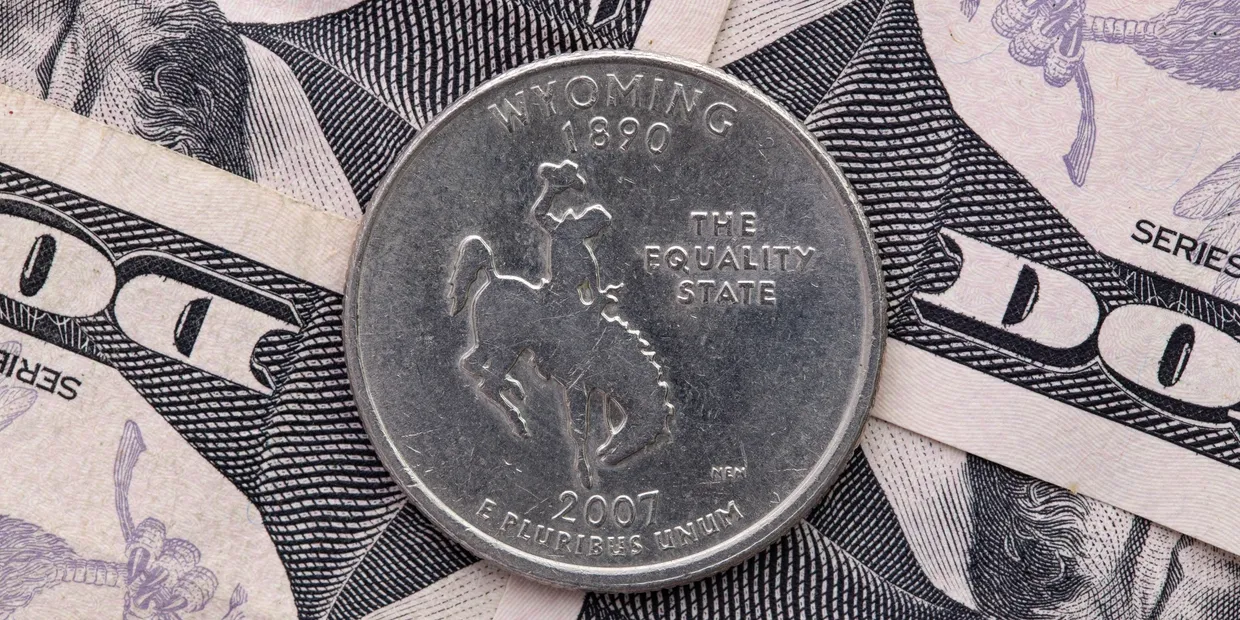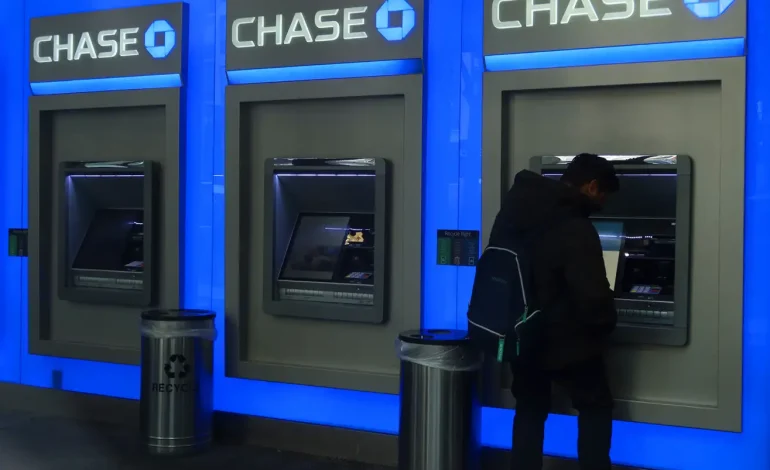In the wake of a viral trend that saw Americans taking advantage of a temporary system glitch at JPMorgan Chase, the bank has begun filing lawsuits against those who exploited the error to withdraw unauthorized funds.
Dubbed the “infinite money hack” on social media, the glitch allowed some customers to withdraw cash from ATMs using counterfeit checks, leading to an online frenzy in late August and early September.
The glitch reportedly showed customers an inflated account balance, allowing them to access money before their checks were fully cleared. Many quickly withdrew cash, posting celebratory videos online. However, these withdrawals were swiftly reversed by Chase, with balances for those involved plunging into the negative. JPMorgan, the largest bank in the United States by assets, has since launched investigations into thousands of instances of what it says is fraud stemming from this incident. Though the bank has not disclosed the total financial loss, it has begun pursuing legal action in federal court.
In Texas, JPMorgan filed one of its most serious cases against a Houston man who allegedly deposited a counterfeit check for $335,000 with the help of a masked accomplice. According to the complaint, the man withdrew nearly all of the funds and still owes the bank over $290,000. In California, a lawsuit details accusations against a man who deposited two checks totaling more than $116,000; JPMorgan claims he still owes over $90,000. Meanwhile, a Florida resident allegedly cost the bank $141,000 through a similar check scheme.
JPMorgan’s legal complaints demand repayment with interest, additional overdraft fees, and attorney’s fees. The bank has stated that, in addition to pursuing civil cases, it is cooperating with law enforcement in hopes of holding the individuals involved accountable.
“Fraud is a crime that impacts everyone and undermines trust in the banking system,” Chase spokesperson Drew Pusateri Stated.
The viral nature of the glitch led to a wave of content across platforms like TikTok, where some financial experts warned participants about the consequences.
“If you spend it and are forced to pay it back, you’re going to have to figure out a way to pay it back,” stated Financial educator Jim Wang.
Wang cautioned people against taking advantage of similar errors in the future.
Check fraud is a serious offense, with potential penalties of up to $1 million in fines and 30 years in prison for major cases involving financial institutions.
With input from the Daily Mail.









